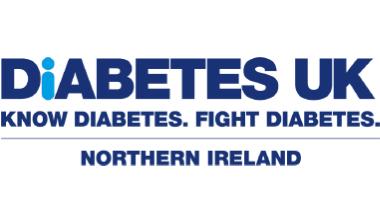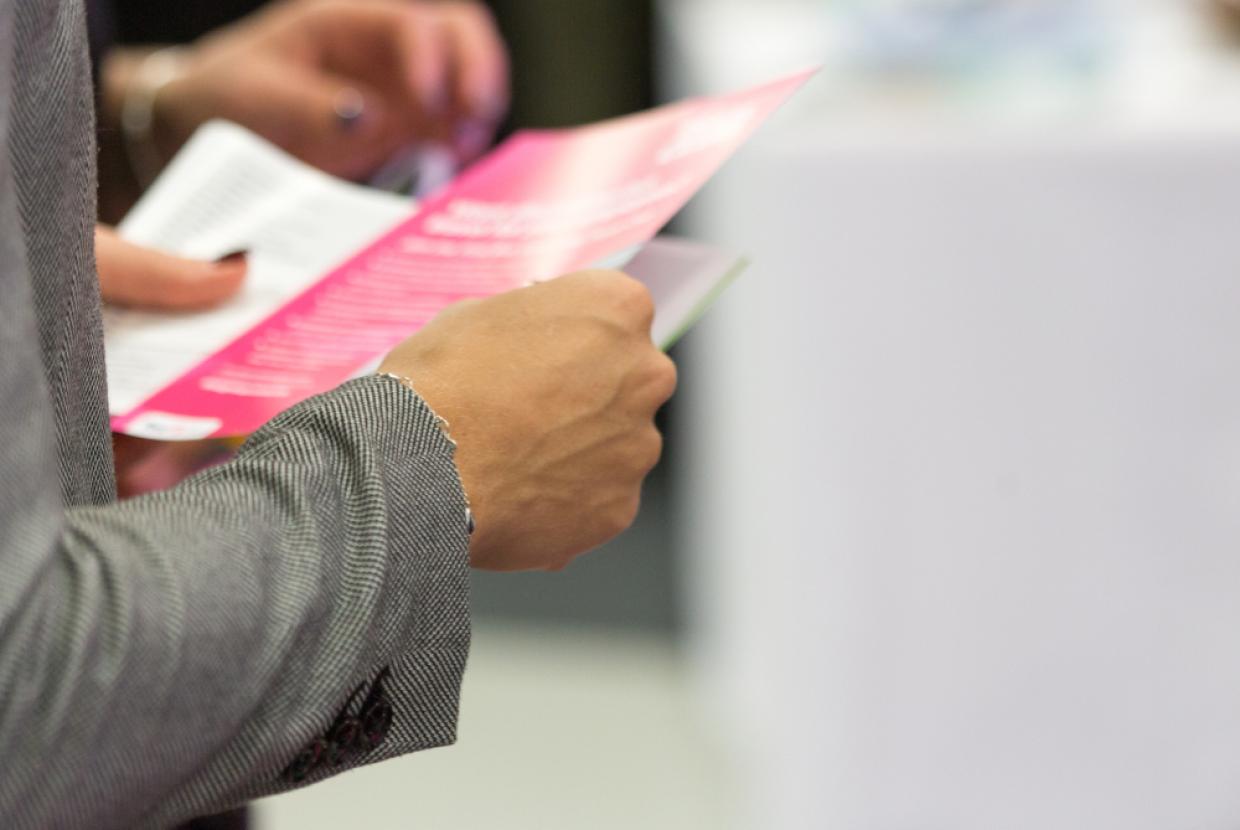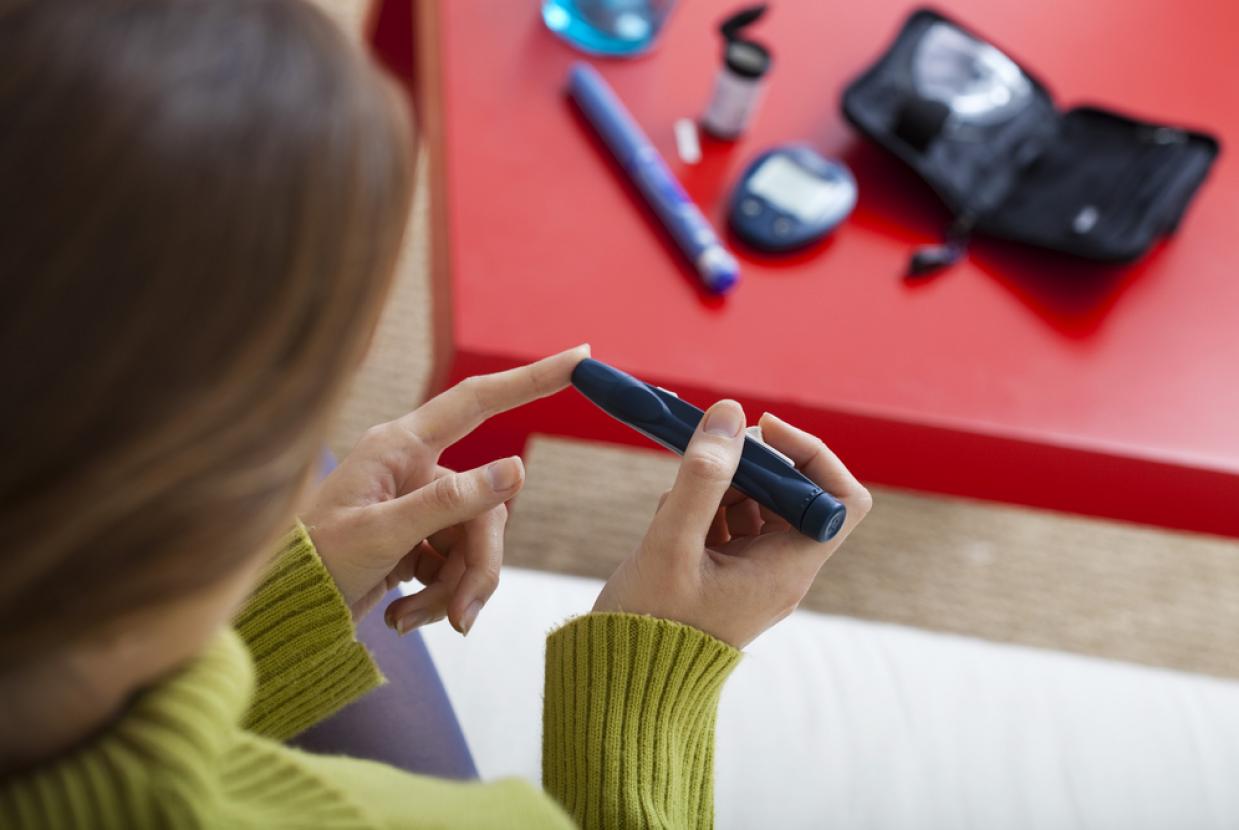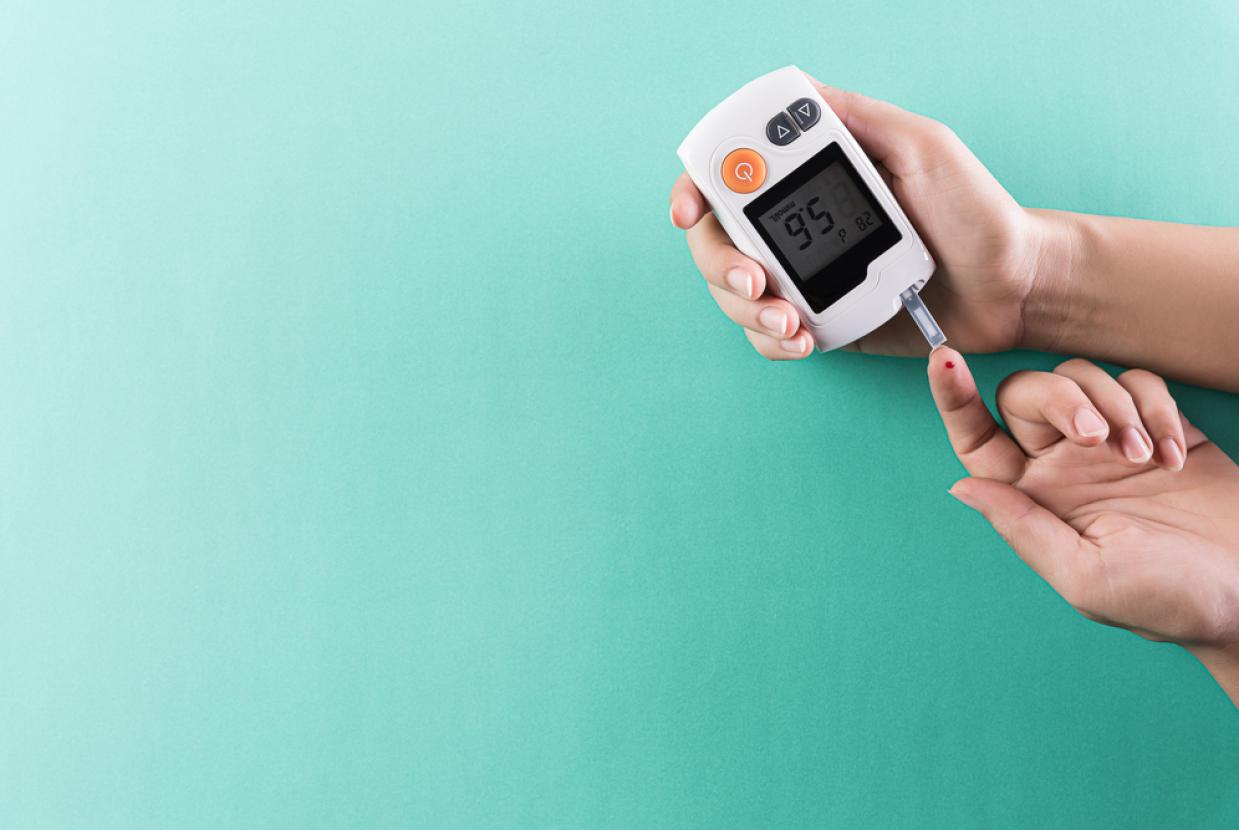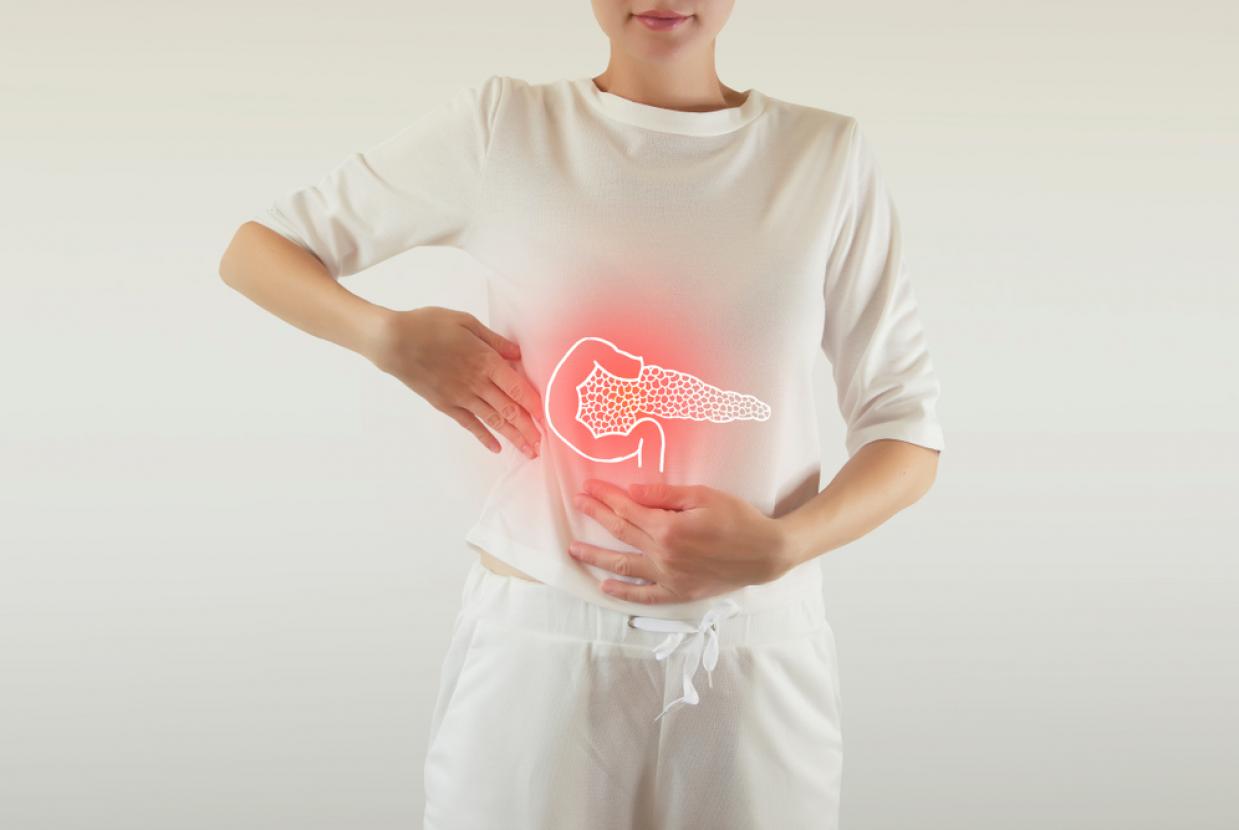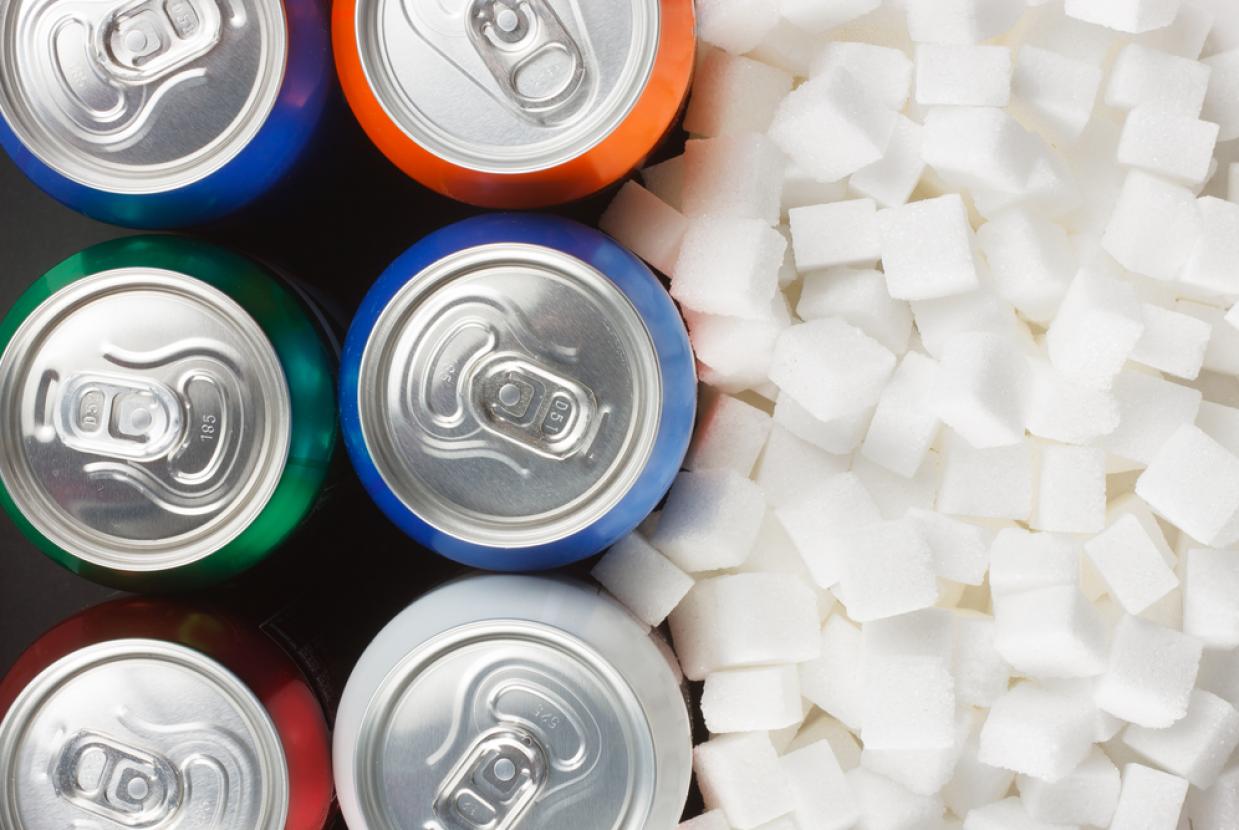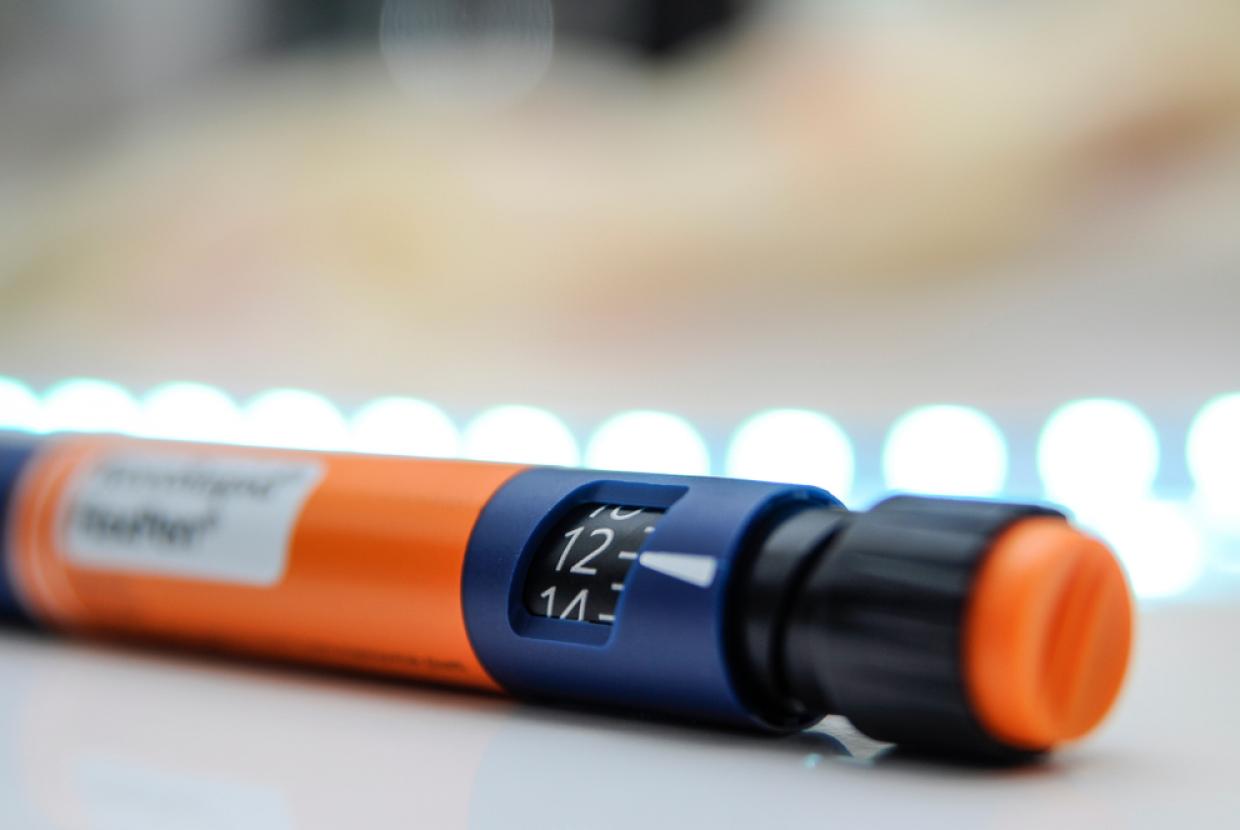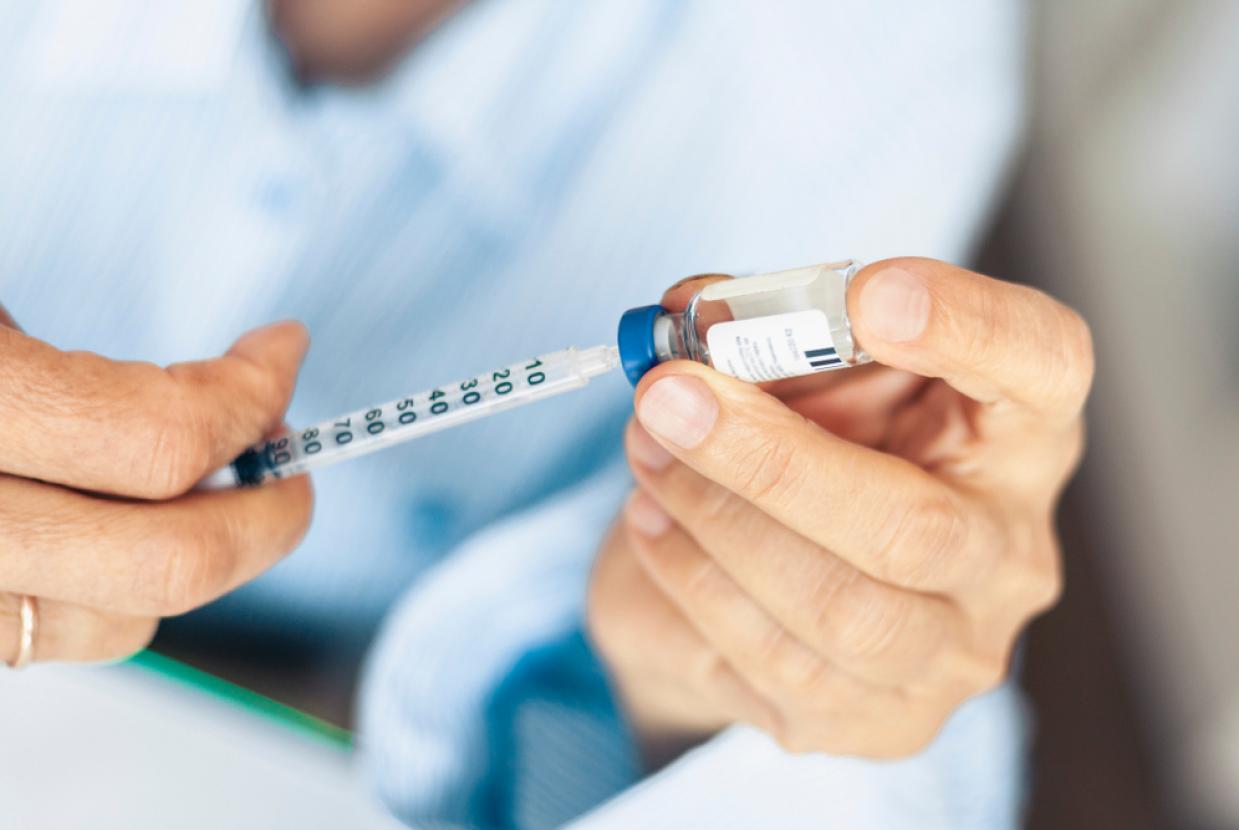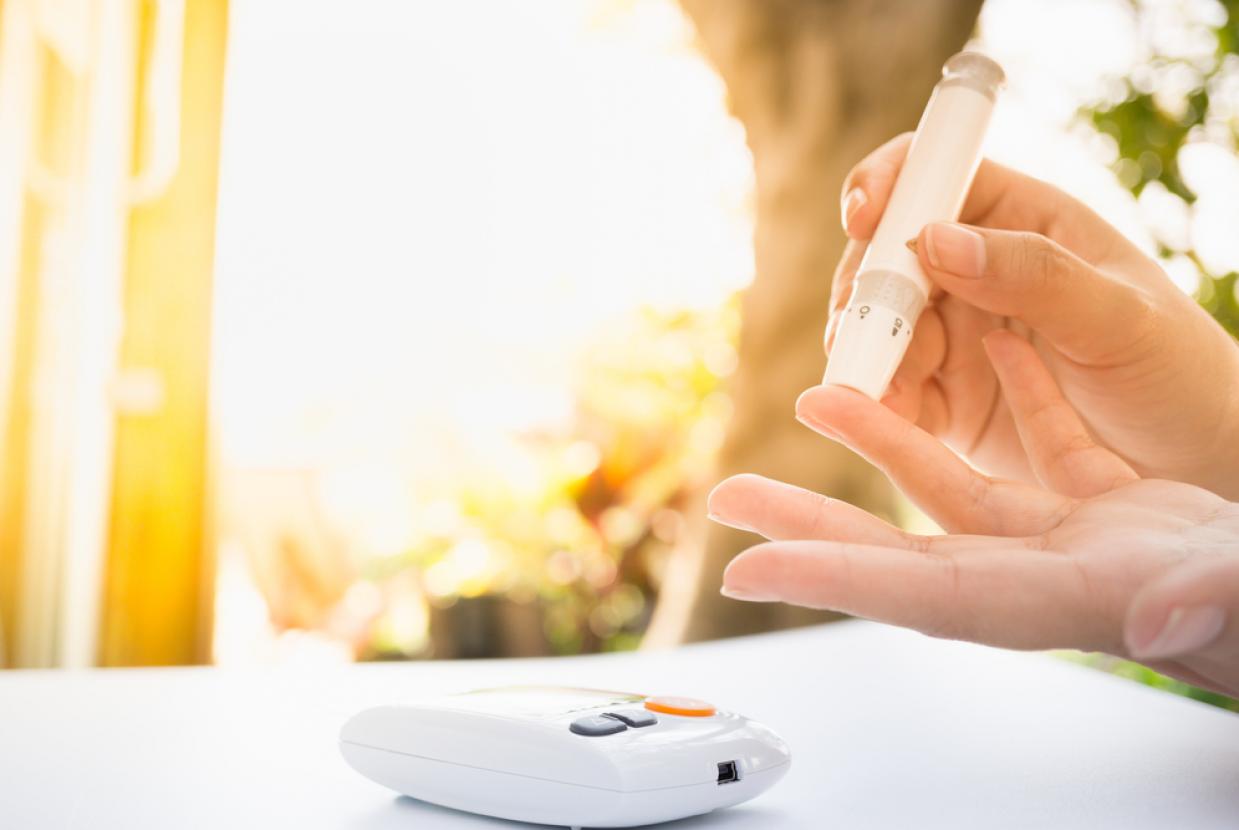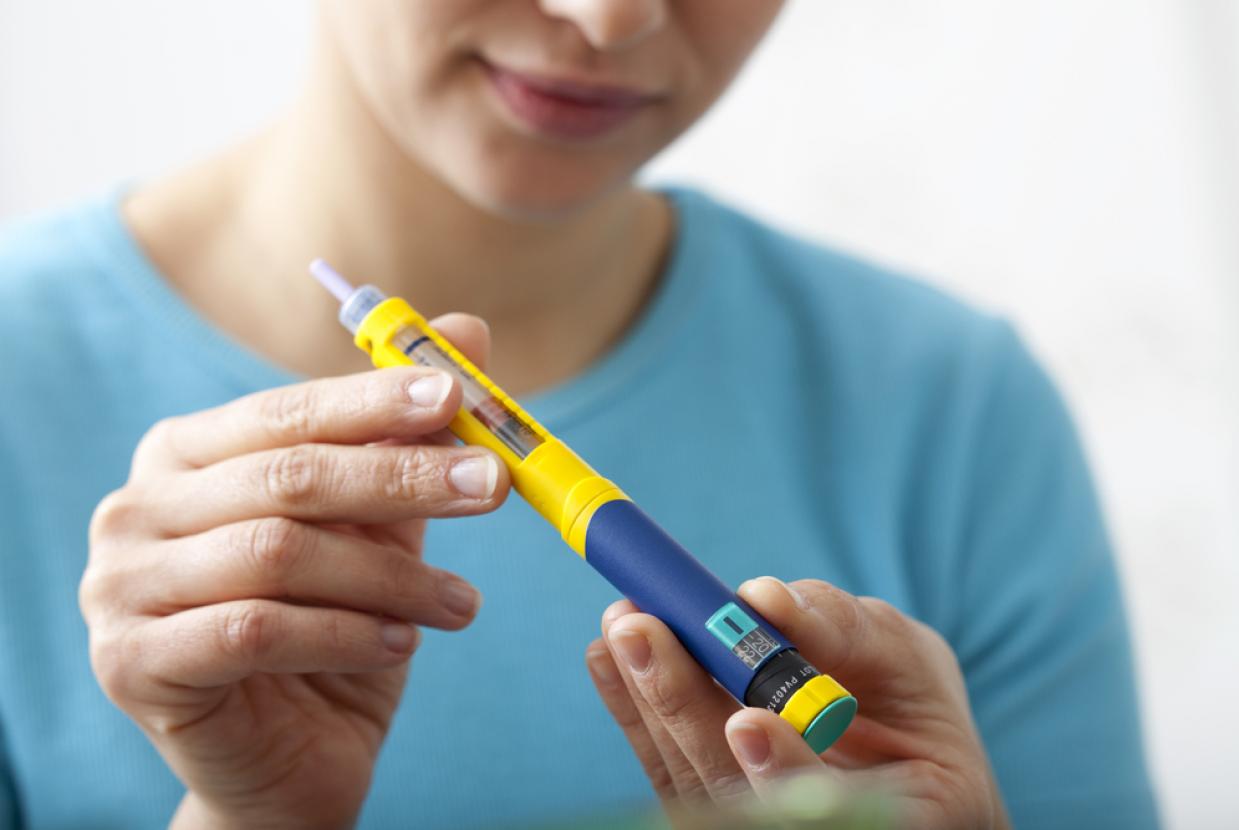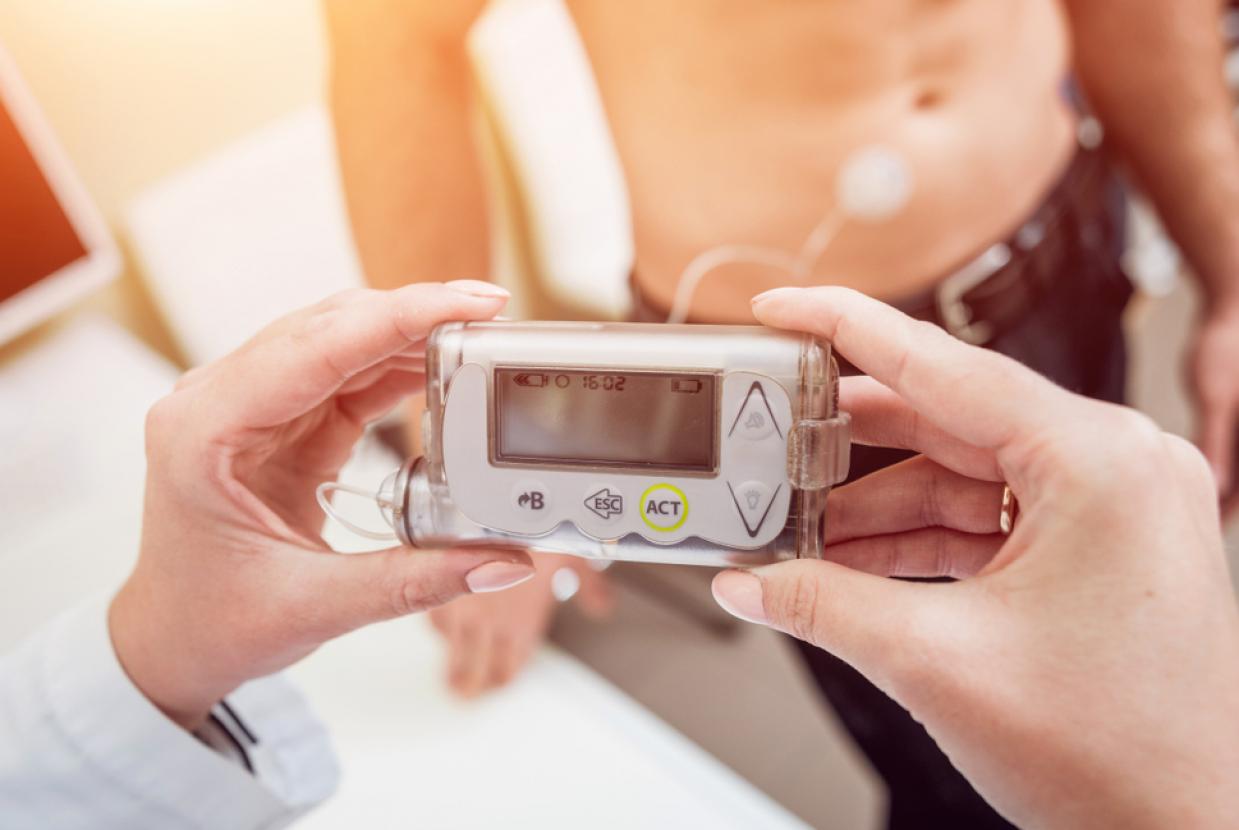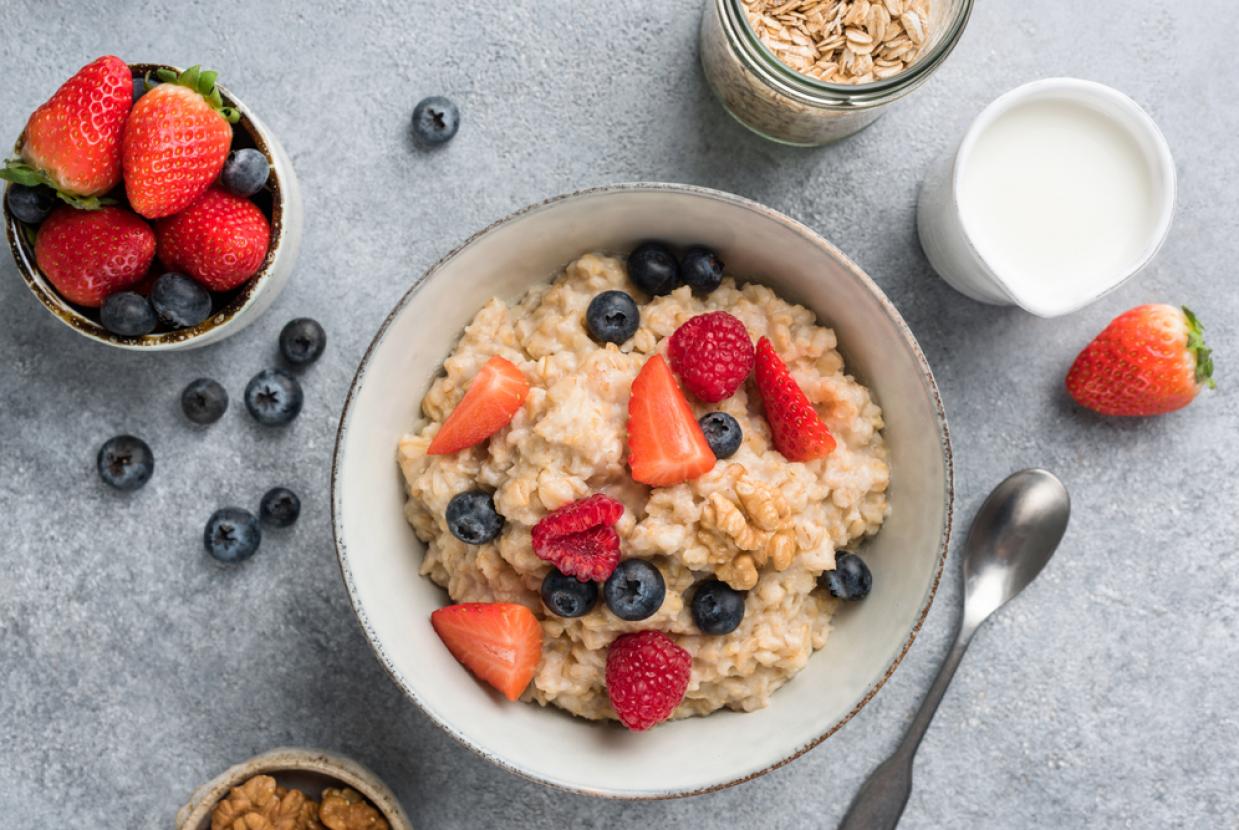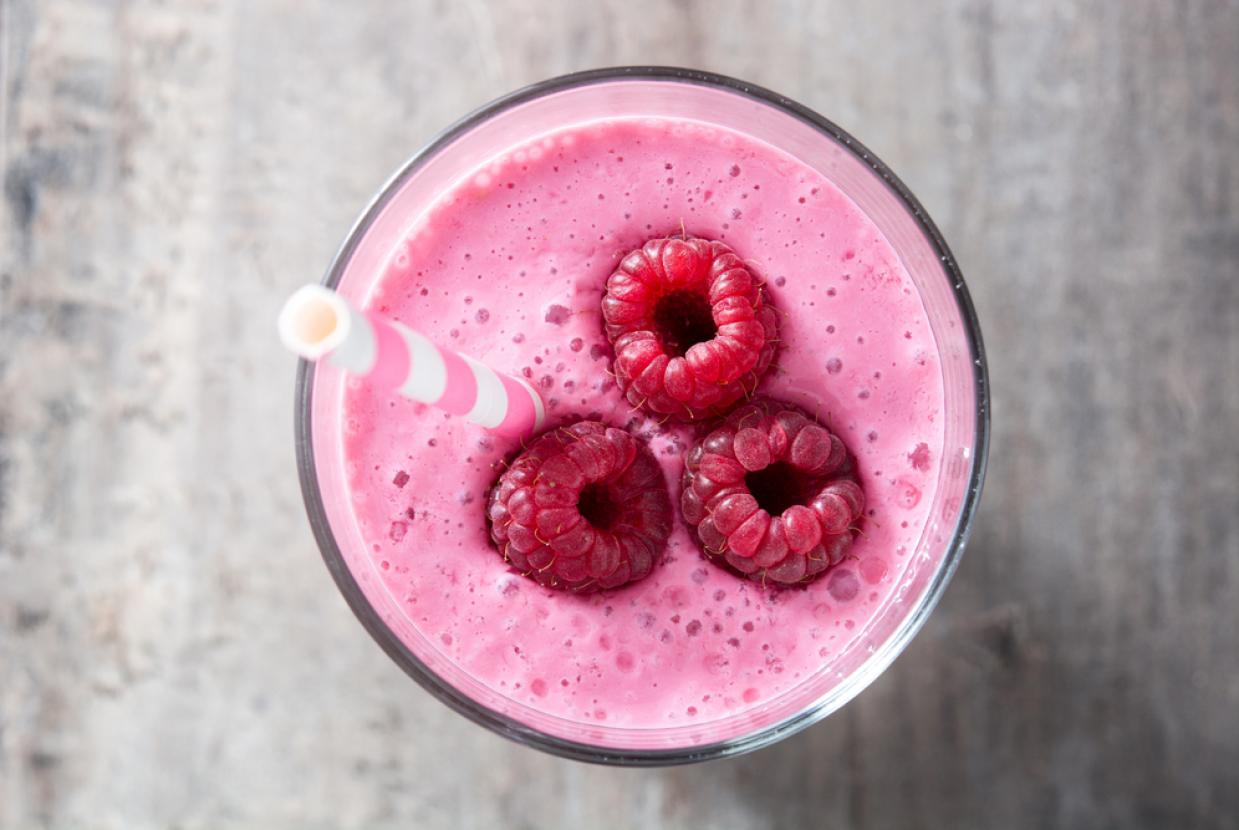Fasting & Diabetes
DiabetesFasting is an important spiritual aspect of many religions but it can lead to major health problems for some people with diabetes. If you are showing any symptoms of COVID-19, it's best not to fast. The Islamic month of Ramadan is one of the longest periods of fasting.
Can you fast if you have diabetes?
Yes, in some circumstances, but it depends on how healthy you are. Ultimately, it is a personal choice whether or not to fast. However, if you do choose to fast, then you must consult your doctor or healthcare team, to make sure that you are able to look after yourself properly. We've got lots more information about fasting and how to do it safely.
Exemptions to fasting
Anyone who is putting their health at serious risk by fasting is usually exempt (doesn't have to take part). For example, you won't usually be expected take part in religious fasting if you treat your diabetes with insulin or have diabetes complications such as damage to your eyes, kidneys or nerves in your hands and feet. Speak to your healthcare team for advice if you aren't sure if you should fast and your spiritual leader for guidance.
Other groups that usually don't have to fast include children, the sick, the elderly and pregnant women.
The risks of fasting with diabetes
As well as not eating food (and sometimes not drinking), fasting is also usually a time of prayer, reflection and purification. If you treat your diabetes with certain medications such as insulin, there is also the danger of the blood sugar levels after fasting becoming too low. This can lead to a hypo, or having your blood sugar levels too high which can lead to diabetic ketoacidosis (DKA), which would require hospital treatment. The symptoms of DKA include feeling very thirsty and passing a lot of urine.
If someone is fasting and does not take in fluids to reduce their thirst, this will accelerate dehydration and they will require urgent admission to hospital.
Who fasts?
Depending on the religion, fasting will last for different lengths of time. In Christianity, Hinduism and Judaism there tend to be individual days of religious fasting. However, the Islamic month of Ramadan is one of the longest when it is compulsory for all healthy Muslims to fast between the hours of sunrise and sunset.
What happens to your body during fasting?
The changes that occur in the body during fasting depend on the length of the continuous fast. Usually your body enters into a fasting state eight or so hours after the last meal. Your body will initially use stored sources of glucose and then later in the fast it will break down body fat to use as the next source of energy. Using your body’s fat stores as an energy source can, in the long run, lead to weight loss. Losing weight, particularly if you are overweight, can also lead to better control of blood glucose, blood pressure and cholesterol levels. However, fasting should not be used as a way of losing weight in the long term.
Changes to your diet
During the fasting period, your eating pattern may be very different compared to normal. However, it is important to keep to a balanced way of eating, including food from all of the food groups and not to eat excessively.
If you have diabetes and are fasting, it is a good idea to include more slowly absorbed foods (that have a lower glycaemic index) just before you begin the fast.
Choosing these types of foods will help to fill you up and keep your blood glucose levels more even during the course of the fast. Fruits, vegetables and salad should also be included.
When you break the fast, include only small quantities of sugary and fatty foods such as Indian sweets, cakes, samosas and puris, as too many can make you gain weight. Use less oil in cooking and try grilling, baking or dry frying food using a non-stick pan.
Additionally, drink plenty of sugar-free and decaffeinated drinks to avoid dehydration, e.g. water, diet fizzy drinks or no-added sugar squashes. If you like sweet drinks then use a sweetener instead of sugar.
Staying well while fasting
If you decide to fast, it is important to test your blood glucose levels more often as your blood sugar levels after fasting eight hours may drop too low (known as hypoglycaemia or hypo). This is more likely to happen if you are unwell, treat your diabetes with insulin or some diabetes medications, or both. Speak to your diabetes team about this.
If you experience the symptoms of a hypo, such as feeling shaky, sweaty and disorientated, you must break the fast immediately and treat it with your usual hypo treatment, like glucose tablets, a sugary drink or GlucoGel, followed by a snack such as a sandwich or a bowl of cereal.
If you have to break your fast for any reason, continue your meals as normal for that day. You may be able to make up the fast at a later date or provide meals to the needy.
If you have type 1 diabetes, there is also a danger that your blood glucose levels may run too high (known as hyperglycaemia) and result in a build-up of 'ketones'. This could potentially result in a serious condition known as ketoacidosis. The symptoms of high blood glucose levels might include feeling very thirsty, passing a lot of urine or extreme tiredness. If your blood glucose levels stay high and you experience these symptoms, speak to your healthcare team.
Before you begin fasting, your diabetes team can also advise you on what to do with your medication and how to keep good diabetes control. For example, your diabetes team may advise you to change the time, type or dose of medication to ensure your blood glucose levels are well controlled.
Summary
- Speak to your healthcare team if you are planning to fast.
- If you test your blood glucose levels at home check your levels more often.
- Continue a varied and balanced diet.
- Include more slowly absorbed foods that have a lower glycaemic index.
- Try not to have too many sugary and fatty foods.
- When you break the fast, ensure you drink plenty of sugar-free and decaffeinated drinks to avoid dehydration.


